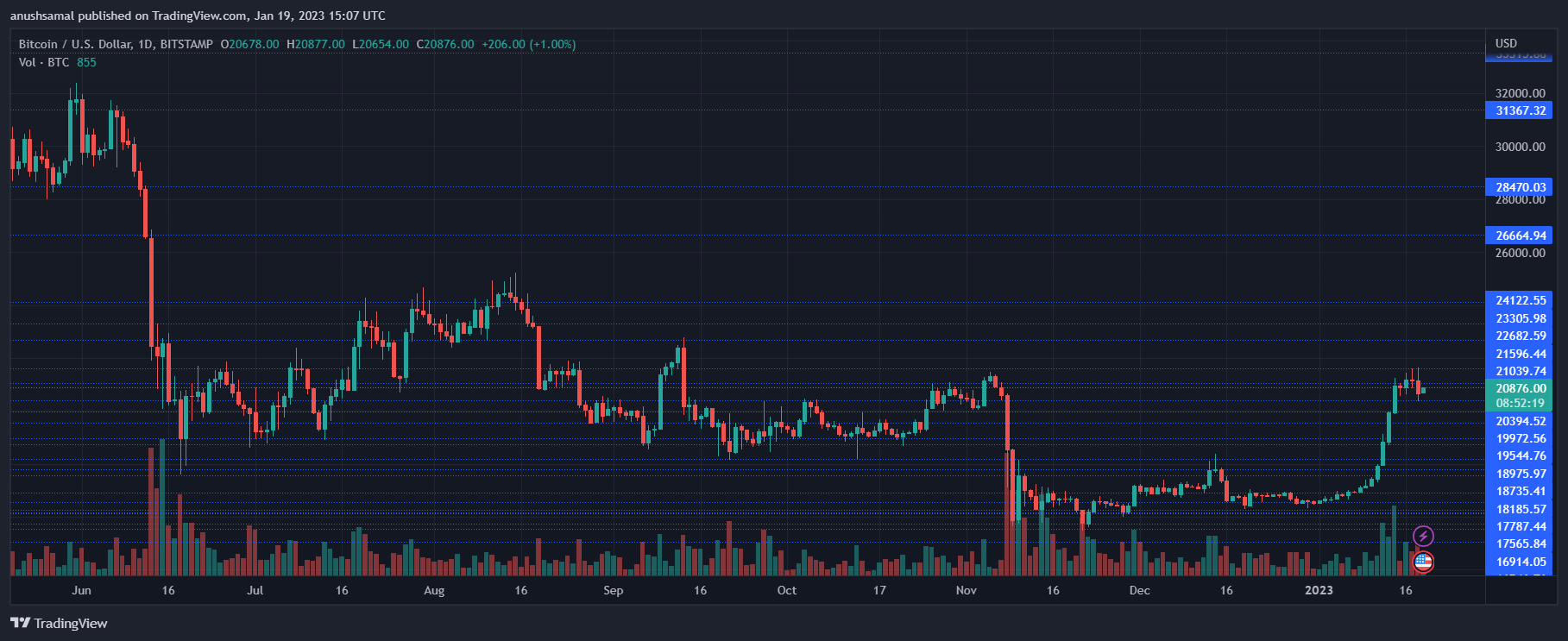Latest news about Bitcoin and all cryptocurrencies. Your daily crypto news habit.
India’s junior minister of electronics and information technology (IT), Rajeev Chandrasekhar, has recently released a statement about crypto that is not in consonance with the central bank’s view.
Chandrasekhar mentioned that there was no issue with crypto in India if all laws pertaining to the industry were followed. This was an important statement about the fate of crypto operations in India.
India’s recent sentiments regarding digital assets have been quite stringent and conservative, and the Reserve Bank of India has suggested plans to tighten the noose around the industry.
The central bank had in fact imposed regressive taxation policies on any crypto or private digital asset-related activities.
Related Reading: Why Crypto Is ‘Nothing But Gambling’ To India’s Central Bank Governor
However, IT Minister Rajeev Chandrasekhar, who is responsible for looking after the skill development and entrepreneurial aspects of the economy, said today that the government might implement a less prescriptive, more principled, and comprehensive legal framework that will catalyze India’s technological advancement further.
This will help India move towards its goal of building a trillion-dollar economy, as suffocating the growth of digital assets will undoubtedly slow the nation’s technological advancements.
Contrasting Views On Crypto
India has struggled with formulating digital asset regulations for a few years now. Recently, Reserve Bank of India governor Shaktikanta Das called for a blanket ban on cryptocurrencies, sending waves of panic across the community of crypto investors. This ban was proposed primarily because the government had not yet been able to draft adequate legislation.
Last year, Prime Minister Narendra Modi mentioned at the World Economic Forum that there needs to be a collective global effort to identify and address the problem areas of private digital assets, which at the time, echoed positive sentiments.
India was quick enough to frame taxation policies, but it lacked the urgency to come up with regulatory guidelines. After Prime Minister Modi showed interest in legalizing crypto, the deputy governor of the Reserve Bank of India (RBI), T. Rabi Sankar, released an extremely controversial statement saying private digital assets are similar to Ponzi schemes, hence suggesting that a ban would be a boon to the Indian economy.
Shaktikanta Das who has been famous for his polemic statements regarding virtual currencies proceeded to say that crypto lacked the underlying value of even a tulip.
This shows that India remains quite divided in terms of how the nation perceives crypto, which reflects incoherence in the thought process of the government.
The Government Will Consider Stakeholder Sentiments
Rajeev Chandrasekhar stated that the government has always held stakeholders’ views to be important. To this end, he said:
The efficacy, implementation and acceptance of any bill or legislation–is as good as how many minds come together to help in its draft. Our effort has been to involve as many stakeholders as possible in the process of law making. India will lead the world in all things blockchain-both in size and scale and how we migrate to web 3.0.
“There is nothing today that outlaws crypto as long as you follow the legal process. If you want to invest in crypto, make sure you go through the RBI, get your LRS eligibility, and the dollars as per the rules,” Chandrasekhar added.
It remains to be seen, however, whether the central bank takes into account the positive sentiments of other economic ministers.
India’s date for the annual union budget is set for February 1, 2023.
Disclaimer
The views and opinions expressed in this article are solely those of the authors and do not reflect the views of Bitcoin Insider. Every investment and trading move involves risk - this is especially true for cryptocurrencies given their volatility. We strongly advise our readers to conduct their own research when making a decision.
